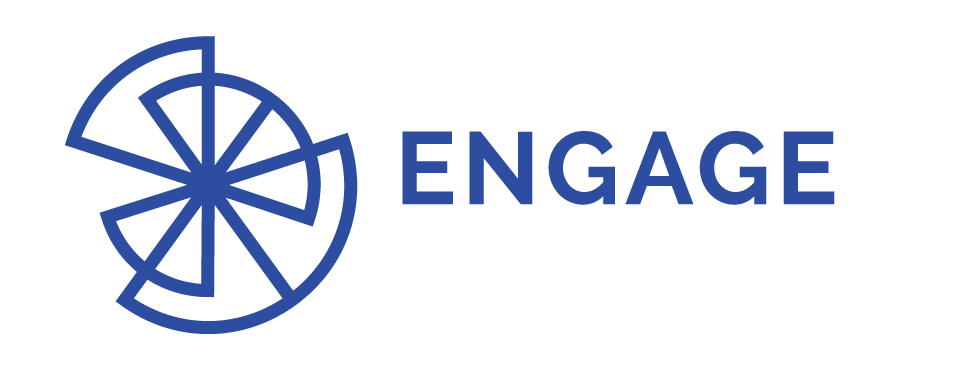The Evolution of Global Governance
Philip De Man, Gustavo Müller, Marie Vandendriessche, Carlota Moreno Villar, Ana Aguilera Raga & Jan Wouters
This paper sets out to provide an overview of the evolution of global governance in key areas with security, defence and intelligence relevance, by mapping and analysing the evolution of eight case studies – trade, migration, outer space, health, energy, artificial intelligence, cybersecurity and climate change – over the past five to ten years. This approach allows the authors to identify key actors with which the EU should engage in multilateral settings.
The paper finds that the role of traditional, formal intergovernmental organisations in the studied issue areas has shifted in recent years in favour of increasingly diverse governance regimes. Classified as either regime complexes or hybrid institutional complexes (HICs), they comprise a wide range of intergovernmental and private transnational actors working through increasingly informal institutions and cooperation mechanisms at different levels, often without a clear hierarchy.
As a result, law-making efforts have become more informal as well and are prone to overlap and conflict. These findings tie in with the overall evolution of global governance witnessed over the past three decades in other areas, which is characterised by an increase in informality of, within and around institutions.
Due to the intrinsic connection with state sovereignty in the studied security, defence and intelligence-related issue areas, informality manifests itself mainly through informal processes and a shift from FIGOs to IIGOs, though private transnational actor involvement is also prevalent in the governance of relatively novel areas of global concern. As such, trends of fragmentation, informalisation and hybridisation are present in all studied issue areas, which also pose specific challenges to overcoming gender blindness and ensuring gender equality in global governance.
The authors conclude by making a number of observations that may help inform the EU’s engagement with key global and regional actors in the governance of the studied areas and global governance in general.


